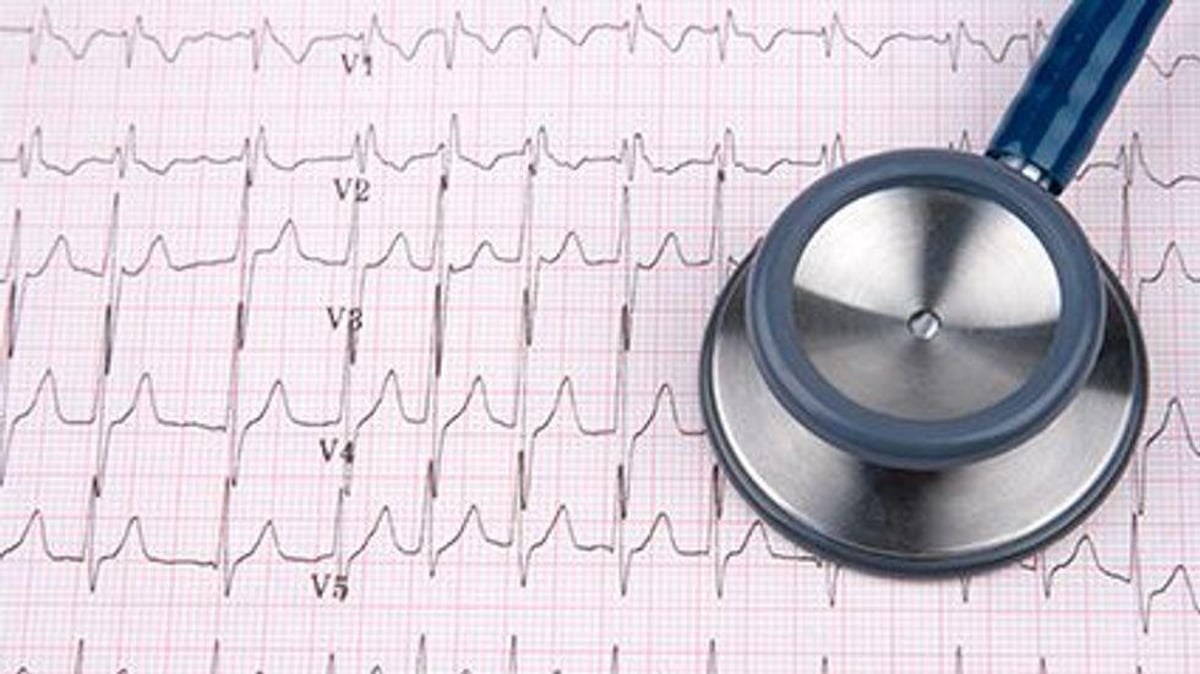Children’s Use of Helmets Low During Sledding
TUESDAY, Jan. 25, 2022 (HealthDay News) — Only one in three parents report their child wears a helmet when sledding, according to a survey released by the C.S. Mott Children’s Hospital National Poll on Children’s Health.Sarah J. Clark, and colleagues…
Learn MorePrognostic Index May ID CLL Patients Who Will Not Need Treatment
TUESDAY, Jan. 25, 2022 (HealthDay News) — A composite score can identify patients with chronic lymphocytic leukemia (CLL) with very low risk for requiring treatment, according to a study published online Jan. 14 in the European Journal of Haematology…
Learn MoreSelf-Help Aids Quality of Life for People With Psoriasis
TUESDAY, Jan. 25, 2022 (HealthDay News) — Self-help based on compassion and mindfulness is acceptable to users and can reduce feelings of shame and improve quality of life for people living with psoriasis, according to a study published online Jan. 1…
Learn MoreFatigue Common Even With Early Rheumatoid Arthritis
TUESDAY, Jan. 25, 2022 (HealthDay News) — Fatigue is prevalent and persistent in early rheumatoid arthritis (RA), according to a study published online Dec. 27 in Rheumatology.Onosi Sylvia Ifesemen, M.B.B.S., from the University of Nottingham in the …
Learn MoreNo Evidence of Malignant, Sustained Arrhythmias Seen After COVID-19

TUESDAY, Jan. 25, 2022 (HealthDay News) — For outpatients after a positive COVID-19 diagnosis, there is no evidence of malignant or sustained arrhythmias, according to a study published online Jan. 20 in Open Heart.
Thomas A. Dewland, M.D., from the University of California San Francisco, and colleagues examined the prevalence of arrhythmia among outpatients after a COVID-19 diagnosis. Fifty-one individuals underwent 14-day ambulatory electrocardiographic monitoring at a median of 75 days after a positive COVID-19 test.
The researchers found that none of the participants exhibited atrial fibrillation, atrial flutter, sustained supraventricular tachycardia, sustained ventricular tachycardia, or infranodal atrioventricular block. Ninety-six percent of participants had an ectopic burden of
“Although these findings cannot exclude the possibility of serious arrhythmia in selected individuals, they do not support a strong or widespread proarrhythmic effect of COVID-19 infection after resolution of acute illness,” the authors write.
One author disclosed financial ties to Element Science and iRhythm Technologies.
Learn MoreOverall, Night Shift Work Not Tied to Higher Lymphoma Risk
MONDAY, Jan. 24, 2022 (HealthDay News) — Night shift work may increase the risk for chronic lymphocytic leukemia (CLL), according to a study published online Jan. 13 in Occupational & Environmental Medicine.Pierluigi Cocco, M.D., from the University …
Learn MoreBlack Patients More Likely to Have Negative Descriptors in Notes
MONDAY, Jan. 24, 2022 (HealthDay News) — Black patients are more likely than White patients to have at least one negative descriptor in the history and physical notes of their electronic health records (EHR), according to a study published online Jan…
Learn MoreFDA Limits Use of Two COVID-19 Antibody Treatments
TUESDAY, Jan. 25, 2022 (HealthDay News) — The U.S. Food and Drug Administration said Monday that it will curtail the use of two monoclonal antibody treatments that do not appear to work against the highly contagious omicron variant.The combo treatmen…
Learn MoreEngland to Lift Travel Restrictions for Vaccinated Visitors
MONDAY, Jan. 24, 2022 (HealthDay News) — COVID-19 testing requirements for vaccinated people arriving in England will be scrapped, British Prime Minister Boris Johnson announced Monday. Details about the changes are to be provided later in the day by…
Learn MoreOpioid Overdose Antidote Urged for Schools After Student’s Fentanyl Death
MONDAY, Jan. 24, 2022 (HealthDay News) — Schools should stock the opioid overdose antidote naloxone and train staff and students how to respond to an overdose, experts say after the apparent fentanyl overdose death of a seventh grader at a school in …
Learn More